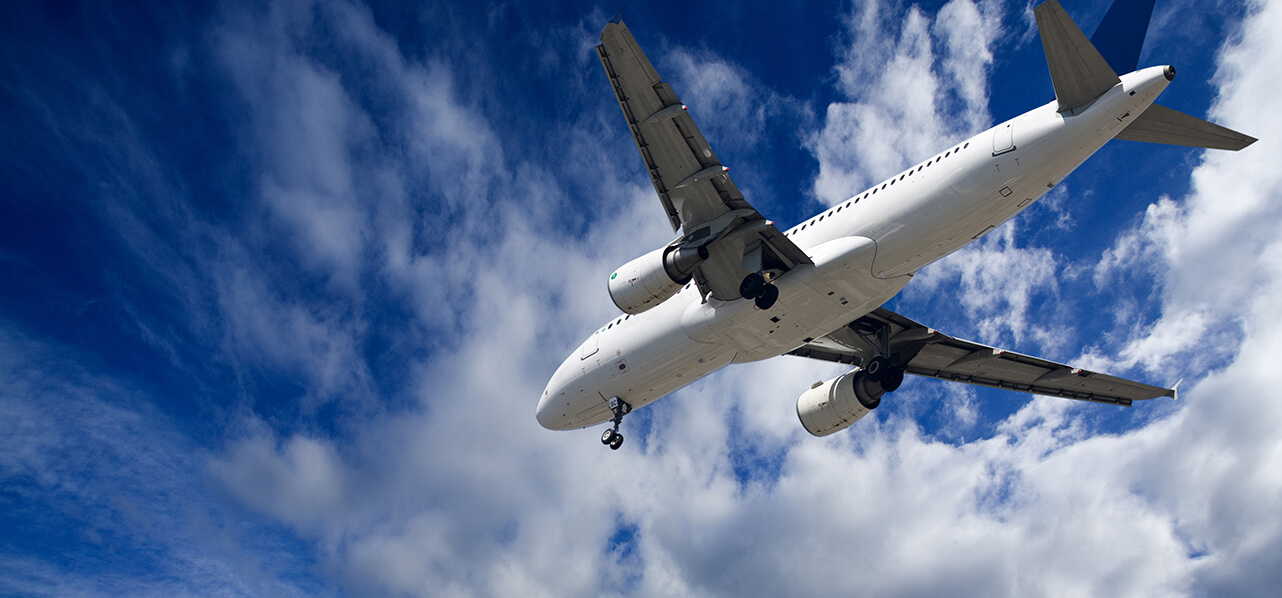Partner London
"With risk being felt like never before, the sentiment now coming from many in the owners’ camp is that perhaps the time has come for the pendulum to shift."
For plenty of owners, the answer has been ‘yes’ (although sometimes with begrudging agreement) and many successful and profitable partnerships have followed, but the risk/reward balance has long been weighted in the brands’ favour. With risk being felt like never before, the sentiment now coming from many in the owners’ camp is that perhaps the time has come for the pendulum to shift.
Brands at arms’ length
For a long time, brands have been stepping back from direct operational responsibility, seeking instead to supervise, direct and control management. This is sometimes paraded as semantics and the brands often still push for total control in their decision making over local strategy and campaigns, room pricing and staff selection (to name but a few). However, owners need to consider retaining a right of approval at hotel level to ensure an element of the costs associated with areas such as design and local marketing remain optional. Brands will seek this kind of freedom to enhance their brand as a whole but will also ensure that the real responsibility for the liabilities of the hotel and its staff and the costs in running and maintaining it, will sit firmly with the owner. Under a franchise agreement (which by its nature makes much more sense) the stakes for the owner are even higher.
Owners bear the brunt
What the current industry crisis vividly illuminates is the old adage that a deal is only a good deal if both parties to it are happy. While brands are, in the main, publicly supporting their owners – and the current ‘survival mode’ motivates all parties to seek shared solutions amidst an ongoing nightmare of closures and travel restrictions – the mounting costs will, inevitably, land somewhere. Owners are dealing with staff lay-offs and furlough schemes, pursuing insurance claims and the prospect of maintaining their assets to the required standards without the anticipated income to fund such works. Brands are doing what they can to minimise their internal costs, but the ‘burden’ of the asset and its operations does not sit with them. The underlying deal does not seem like a good one when one party is disproportionately exposed to risk and the costs which follow, if its profit share is not correspondingly weighted. The solution is, of course, not necessarily in the contract and brands are offering temporary relief for owners from obligations to contribute to capital reserves and for payment of fees for central services (which cannot currently be provided), but, as we hope to emerge from the worst of the restrictions, the costs of replenishing the shortfalls in the longer term will still be for the owners.
What of the future?
Beyond the current accruing costs, owners are going to face onerous health and safety requirements to get their hotels back up and running. The costs for some will be prohibitive. Brands have strict requirements with which owners must comply and regular brand refreshes help ensure they maintain their position in the market. The costs for owners are large. Brands will argue they are exposed to great reputational risk but, when exposed to the business interruption risks of a global pandemic, the sympathy of owners for this line of argument will be wearing quite thin. The public perception of branded assets is also skewed, and this is particularly relevant now as news reports speak of the brand names opening their hotels to local authorities and emergency workers (e.g. NHS staff in the UK). Seldom do stories like these make reference to those actually responsible for opening their doors in these cases and bearing the costs of doing so: the owners. As we move forward, the brand/franchise system will require careful nurturing in the longer term. The current situation will leave some owners unable to pay their fees and without fees, the brands cannot survive. However, an aggressive stance from brands to force strict contractual compliance and the payment of fees will be equally destructive; no brand/franchise system can exist if all owners become bankrupt! There will be a balance necessary to allow both parties to emerge intact.
"The only way out of the current pandemic crisis is for the parties to continue working together and, for this to be translated into the contractual relationship, transparency is surely key."
A Rebalancing
So, what next? How can the failings highlighted by the current and unprecedented pressures faced by the hotel industry be addressed? A rebalancing of risk and reward between owners and brands would be welcome. In doing so, the parties would also be well advised to listen to (and take account of) the requirements of lenders and insurers, whose support to facilitate recovery will be vital. In addition (and while owners will appreciate the benefit of a brand maintaining fluidity to stay current in the market), contractual arrangements must reflect a more realistic timetable for updates and refreshes of hotels which are otherwise in a good state of maintenance.
Brands must also consider the impact that their wider strategic decisions will have on the owners of individual hotels. If satisfying brand customers with loyalty points and special facilities (or raising cash for the brands by selling loyalty points) places a real cost at hotel level to keep guests happy, an owner will rarely consider the arrangement to be a good deal. If the brands see the overall benefit of issuing loyalty points or adding an executive floor, can provision be made in the agreements for a brand contribution to the costs for the hotel? The only way out of the current pandemic crisis is for the parties to continue working together and, for this to be translated into the contractual relationship, transparency is surely key. Openness from brands will facilitate a more genuine sense of partnership and simple changes such as more flexibility on preferred vendors and a commitment from brands not to make ‘secret profits’ will allow owners to keep costs in check at a hotel level and would add trust to the relationship.
The hope is also that the current need for efficiency will provide investors with a better understanding of the expenditure which is simply added cost and that which is essential so that brands and owners can work together to make the product more profitable. Each party has a lot to offer the other and, as we all begin to consider whether the needs of customers are going to change in more than just the short term, it will take real collaboration to find the best solutions and the right market positioning of hotel assets.




